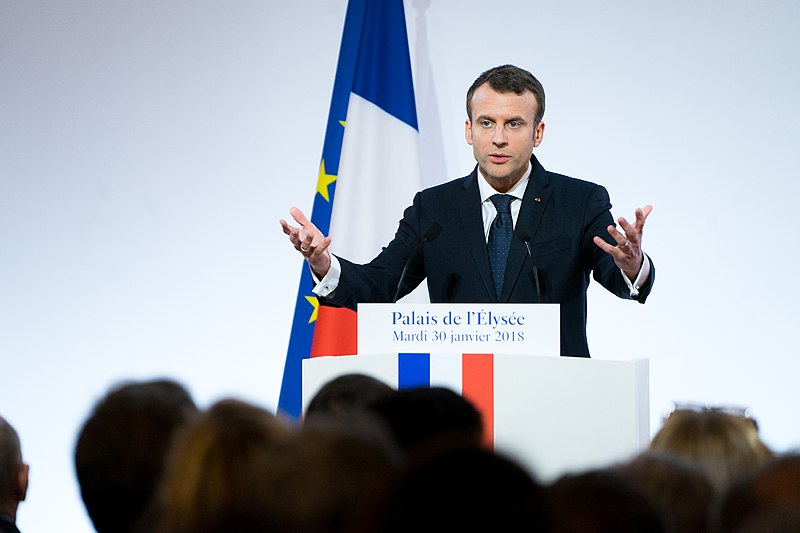
The French government narrowly survived a vote of no-confidence on Monday, following its decision to increase the pension age from 62 to 64. The motion, tabled by centrist MPs, received
278 votes in favour, just shy of the 287 needed to succeed. Had the vote passed, President Emmanuel Macron would have had to form a new government or call for new elections. A second no-confidence motion, tabled by Marine Le Pen's far-right National Rally party, also failed.
The controversial bill to raise the retirement age will now become law, after Prime Minister Élisabeth Borne used a special constitutional power, called Article 49:3, to push the legislation through without a vote last week. The move sparked angry protests over the weekend, with some demonstrators clashing with police and blocking streets with debris fires in central Paris and other cities across the country.
Monday's failed votes saw fresh protests in the capital, with a tense standoff between protesters and anti-riot police. The first motion, backed by several left-wing parties including the Green Party and the Socialist Party, was seen as the only one with a chance of success. When it failed, members of the left-wing contingent that voted for it held placards reading "continue" and "we'll meet in the streets", and shouted for the prime minister to resign.
"Nothing is solved, we'll continue to do all we can so this reform is pulled back," said Mathilde Panot, chief of the hard-left La France Insoumise (LFI) parliamentary group. Before the votes, members of the opposition booed and jeered Ms Borne when she took to the podium for a debate, which grew increasingly tense.
The prime minister argued that the government had "never gone so far" to find a compromise to pass the law. President Macron has justified the pension reform by stating that France's ageing population makes the current scheme unaffordable. However, not all in parliament agree with this sentiment.
The author of the first no-confidence vote, Charles de Courson, stated that removing the government was "the only way of stopping the social and political crisis in this country". In contrast, Eric Ciotti, the leader of France's Republican party, said they would not support the no-confidence motions. While he acknowledged the decision to invoke Article 49:3 was the result of "many years of political failures" that demonstrated "a profound crisis in our constitution", he did not believe the vote of no-confidence was the solution.
The controversy surrounding the pension reform has led to protests and strikes across France. The unions have expressed their dissatisfaction with the changes, and have threatened further action if the government does not retract the bill. The public's reaction to the government's use of Article 49:3 has been one of anger and disappointment, with many feeling that their voices have been ignored.
In conclusion, the French government narrowly survived a vote of no-confidence following its controversial decision to increase the pension age. The bill will now become law, despite widespread protests and strikes across the country. The government's use of Article 49:3 has drawn criticism from the opposition and the public, who feel that their voices have been ignored. The situation remains tense, with the unions threatening further action if the government does not retract the bill. Photo by Jacques Paquier, Wikimedia commons.



































